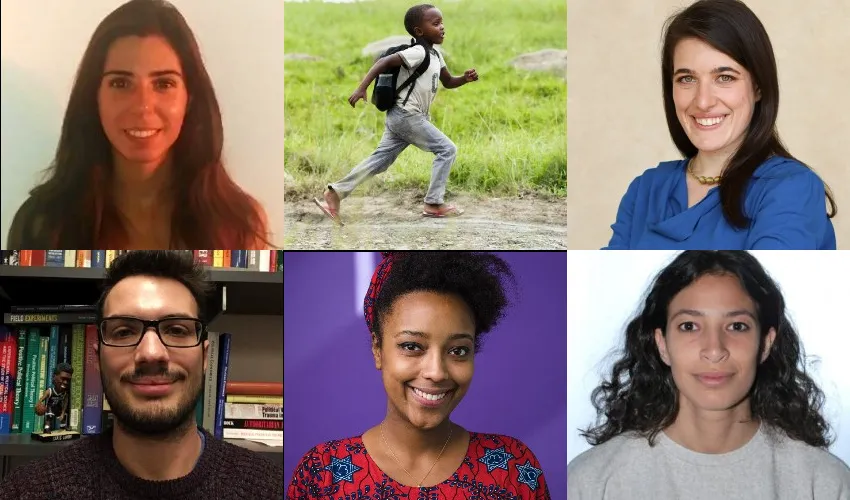
LEAP: Careers in Research Start as Students
When, five years ago, the Laboratory for Effective Anti-Poverty Policies (LEAP) was established at Bocconi, thanks to a contribution by Fondazione Romeo ed Enrica Invernizzi, its direct goal was to help reduce poverty around the world through the design, the analysis and the dissemination of effective anti-poverty programs. Attracting brilliant students interested in the topic and providing them with basic knowledge of modern social sciences research methods was a secondary, but not less worthy, goal pursued by an affiliated students program.
Since then, some fifty LEAP students have had the opportunity to discuss papers and ideas with Bocconi scholars and guests from across the world. Many of these students have been involved in research field projects in Africa, Asia, South America, and Europe or have received valuable tutoring for their final theses. Twenty of them are currently active in LEAP projects.
On 9 June, current LEAP students will have a glimpse of their possible future, when five former students will participate in the LEAP Virtual Alumni Reunion 2021 and will present research they are conducting in the PhD schools of universities around the world.
Giulia Buccione (Brown University) will examine how exposure to a church-affiliated TV channel affects religiosity and adherence to economic and social behaviors prescribed by the church. Her analysis of social changes which followed the expansion of RecordTV, a Brazilian TV channel that started broadcasting religious content during the 1990s, shows an increase in the share of Pentecostals and in the political vote for Pentecostal candidates, as well as behavioral changes.
Giulia Caprini (European University Institute) will show that news providers exploit leading pictures (i.e. images on top of news articles) to influence readers' opinion. "I constructed an original dataset of more than 2 million leading images published by US news sources between December 2019 and December 2020," she says, "and I show that the characteristics of leading pictures vary systematically with news providers' political leaning."
Giacomo Lemoli (New York University) will discuss the role of media in shaping the relation between political repression and the formation of political identities, studying the case of the Basque Country during the late Franco regime and the Spanish democratic transition (1960-1979). "I find that the effect of ethnic media varies with the local intensity of repression," he reveals.
Awa Ambra Seck (Harvard University) will present a compelling argument for considering an ethnic group social structure when designing public policies. "My analysis focuses on age set societies, ethnic groups comprising over 130 million people in sub-Saharan Africa in which individuals are organized into "age-sets", groups of men of similar age that take priority over kin," she explains. The same policy, she demonstrates, can have very different outcomes in kin-based or age-set societies. Possible applications include redistributive policies and welfare programs.
Sara Spaziani (Brown University), using a purpose-built dataset of young Ugandan workers prior, during, and following the COVID pandemic, will confirm that COVID-19 had a disproportionate effect on women's employment in that country. "The study addresses a knowledge gap," she says, "because existing research postulates that women in Sub-Saharan Africa suffered disproportionately from the COVID-19 economic recession. However, no data is yet available to support these predictions."